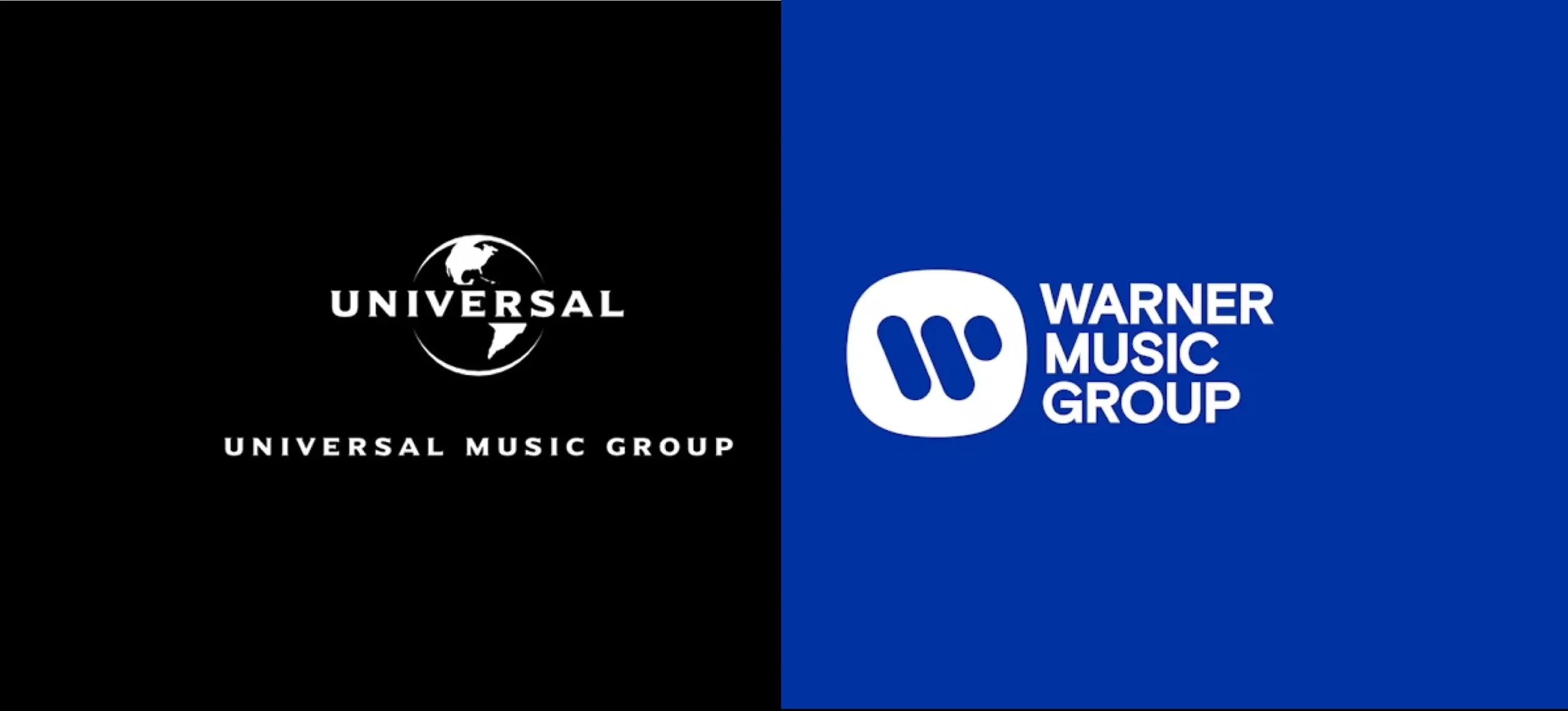Universal Music Group and Warner Music Group are reportedly close to finalizing licensing agreements with AI music companies, according to a report from the Financial Times published on October 2. The move could establish a framework for how artificial intelligence platforms pay for access to music.
The discussions involve licensing existing recordings both for the creation of AI-generated music and for training large language models. Among the AI startups involved in the talks are ElevenLabs, Stability AI, Suno, Udio, and Klay Vision. Negotiations are also said to include major technology firms such as Google and Spotify.
The news comes as Universal, Warner, and Sony remain engaged in lawsuits against Suno and Udio, accusing the companies of training their models on copyrighted recordings without authorization. Industry executives hope that licensing deals with AI platforms will also lead to settlements covering past unauthorized use of music.
Some startups have already reached agreements with rightsholders. ElevenLabs, which recently launched Eleven Music, signed deals with Merlin and Kobalt, including a revenue-sharing model that splits royalties evenly between publishing and recorded music. Kobalt’s deal also includes a Most Favored Nation clause, ensuring the publisher receives the same terms as any other partner who negotiates stronger conditions. Separately, Klay Vision entered into a strategic partnership with Universal in October 2024 to develop an ethical model for AI-generated music in collaboration with the industry.
The labels are advocating for a micropayment system similar to streaming royalties, in which each use of their music by AI platforms would generate a small payment. They are also pushing for the development of attribution tools, comparable to YouTube’s Content ID, to identify when AI outputs incorporate their music.
However, executives acknowledge that AI negotiations introduce challenges that differ from streaming. A senior label executive told FT: “What’s different is when you take the entire history of music and feed it into a model that produces something unrecognizable. The question is: are artists going to get on board?”
Sony Music confirmed it is in discussions with companies that have “ethically trained models” and said its goal is to secure agreements that benefit artists and songwriters.
The urgency of these talks reflects the rapid growth of AI-generated content. Deezer recently reported that 28% of tracks uploaded to its platform are fully AI-generated, while Spotify said it removed 75 million AI-generated tracks deemed “spammy” over the past year.














